
The community of Jicaral, located in the Nicoya Peninsula, is enjoying “sweet success” with the production and industrialization of what is referred to as liquid gold— honey— which has made the economy of the peninsular territories more dynamic, earning the region $1 million in profits according to estimates by the Ministry of Agriculture and Livestock (MAG- Ministerio de Agricultura y Ganadería) and local producers.
The key is the Jicaral Beekeepers Association (ASOAPI- Asociación de Apicultores de Jicaral), an organization formed in 1997 that currently has 32 beekeepers as members, who harvest more than 4,300 hives and produce 150,000 kilos of honey annually.
Honey plant has been recognized as one of the most technologically advanced in Central America because it has specialized technological equipment imported from Argentina and Turkey, with an approximate value of ¢400 million ($755,000), to correctly extract and process honey.
This has led them to obtain the FSSC 22000 global quality certification, endorsed by the Global Food Safety Initiative (GFSI), which guarantees an excellent product.
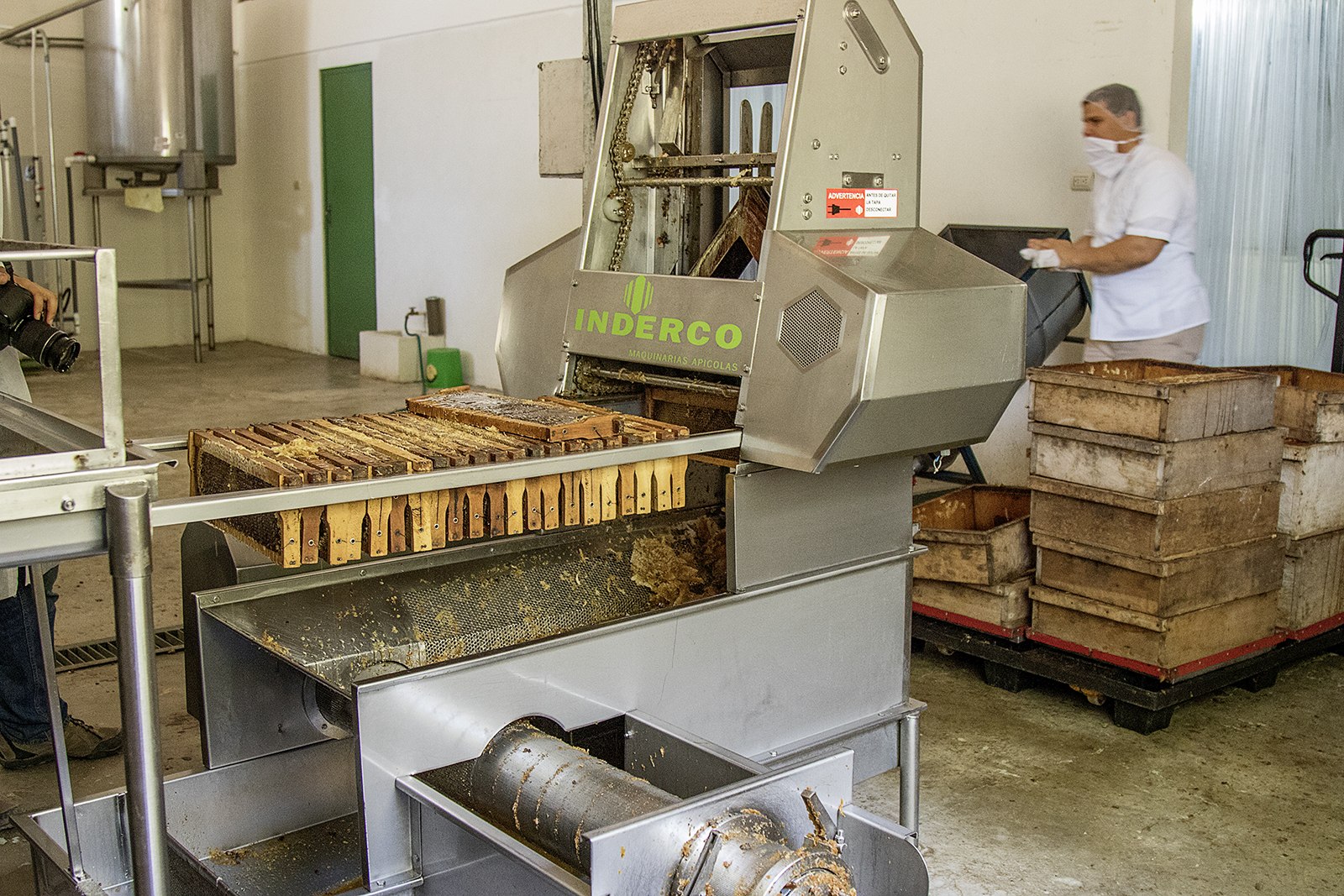
From the Hive to the Table
Luis Fernando Morera, in charge of plant operations, explained that the process begins when the field producer arrives with his beehives and a sanitary registry check is done. After the honey is weighed, the uncapping process follows, where the caps are cut from the wax that covers the honeycombs, which melt when heated, separating the wax from the honey.
Then the combs go through a centrifuge, where they honey continues to be extracted at high speed. Later the honey goes into settling tanks to be processed and homogenized to the same color for packaging.
Afterward, it is filtered and heated to 68 degrees Celsius (154 degrees Fahrenheit) to break a molecule that causes honey to crystallize. Finally, it goes into the packaging tank, where it is sealed and bottled in packages of 150, 255, 500 and 1000 grams.
ASOAPI pays ¢2000 ($3.75) for each kilo of honey brought to the plant by beekeepers.
Also, in the factory, they make sheets of the wax extracted during the process in order to make new combs, which can be purchased for ¢700 ($1.30), so nothing is wasted during the extraction of honey.
All of the bottled honey is guaranteed to be sold because the company Manza Te has had a purchasing contract with ASOAPI since 2002.
Six permanent employees work at the plant. However, each of the 32 producers who are partners that use plant also have employees that work in the hives. Peak season for production runs from December to April, but a lot of the honey is stored in tanks and processing continues during rainy season.
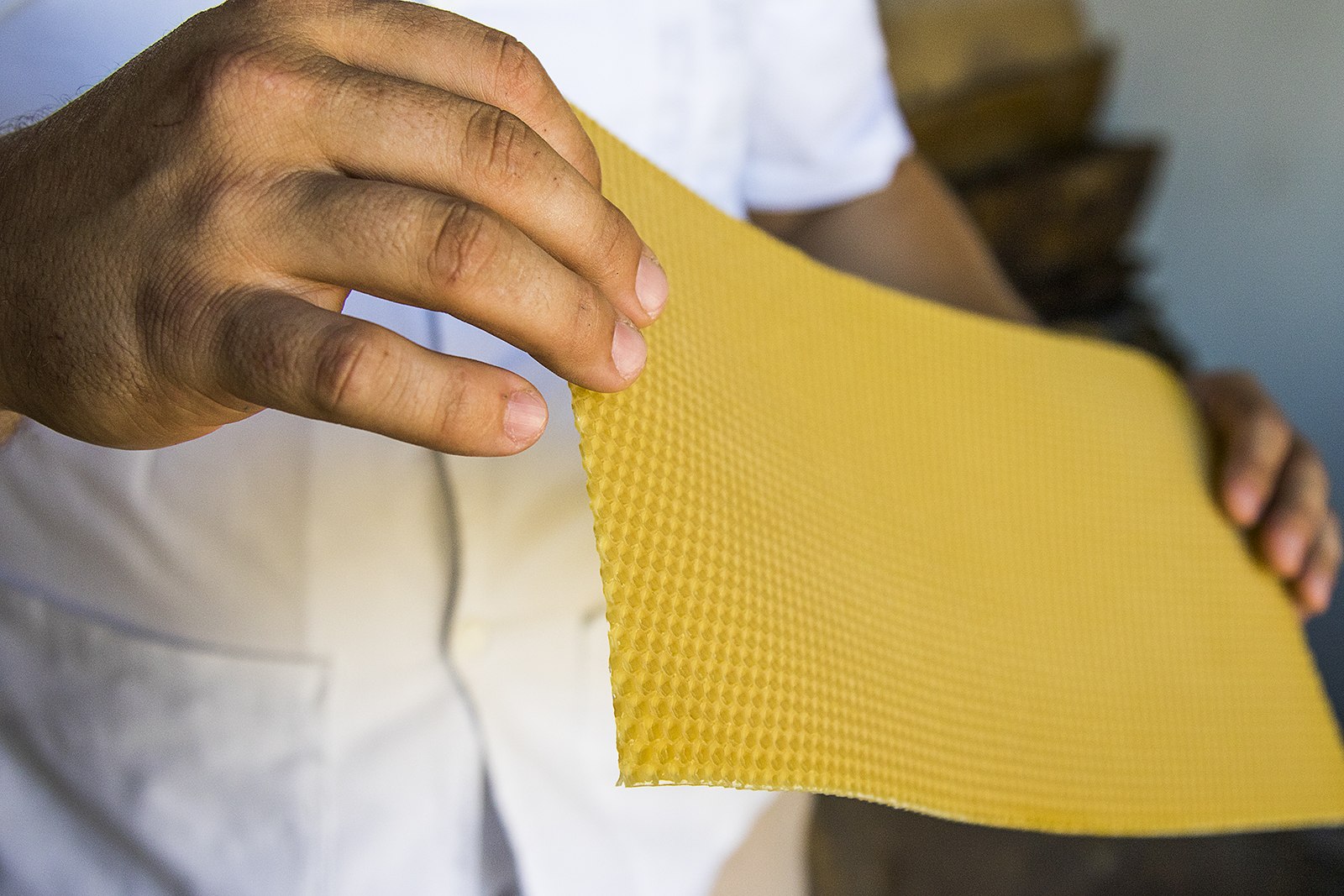
Honey Unites the Peninsula and Guanacaste
Although administratively Jicaral belongs to Puntarenas, historically it has always been linked to Guanacaste, and honey production is no exception. Of the 32 beekeepers who belong to ASOAPI, seven of them are from the canton of Nandayure, who bring in honey produced in the towns of Carmona, Coyote, Juan de Leon, Moravia, Pavones and Santa Rita.
Morera believes that the future of the plant depends on the increase in production from beekeepers in the peninsular territories and in Guanacaste in order to continue growing that way.
“In order to grow, we need to increase production. Once we do that, we want to take it to a larger scale. First comes work in the field in order to later increase our agroindustrial part,” he said.
Honey Byproducts Provide Work for Entrepreneurial Women
The value of bees is not just their food, honey, but also byproducts such as wax, royal jelly, pollen, propolis extract and Mariola (type of stingless bee) honey.
The Association of Women Entrepreneurs of Jicaral (ASOMEJ- Asociación de Mujeres Emprendedoras de Jicaral) was formed in 2011 with the goal of giving added value to apiculture, which has led 10 women in the community to venture into the field of developing creams and syrups.
“We developed a very good syrup that is like a natural antibiotic, made from honey and propolis extract. We make a healing cream made from wax and propolis extract and another moisturizing cream with coconut oil and royal jelly,” said Maria Isabel Mendez Gonzalez, president of ASOMEJ.
Also, this group of women bottles some drops made from Mariola honey to treat cataracts and vision problems.
[video:https://www.youtube.com/watch?v=KBxS24XFjvU width:500 align:center autoplay:0]


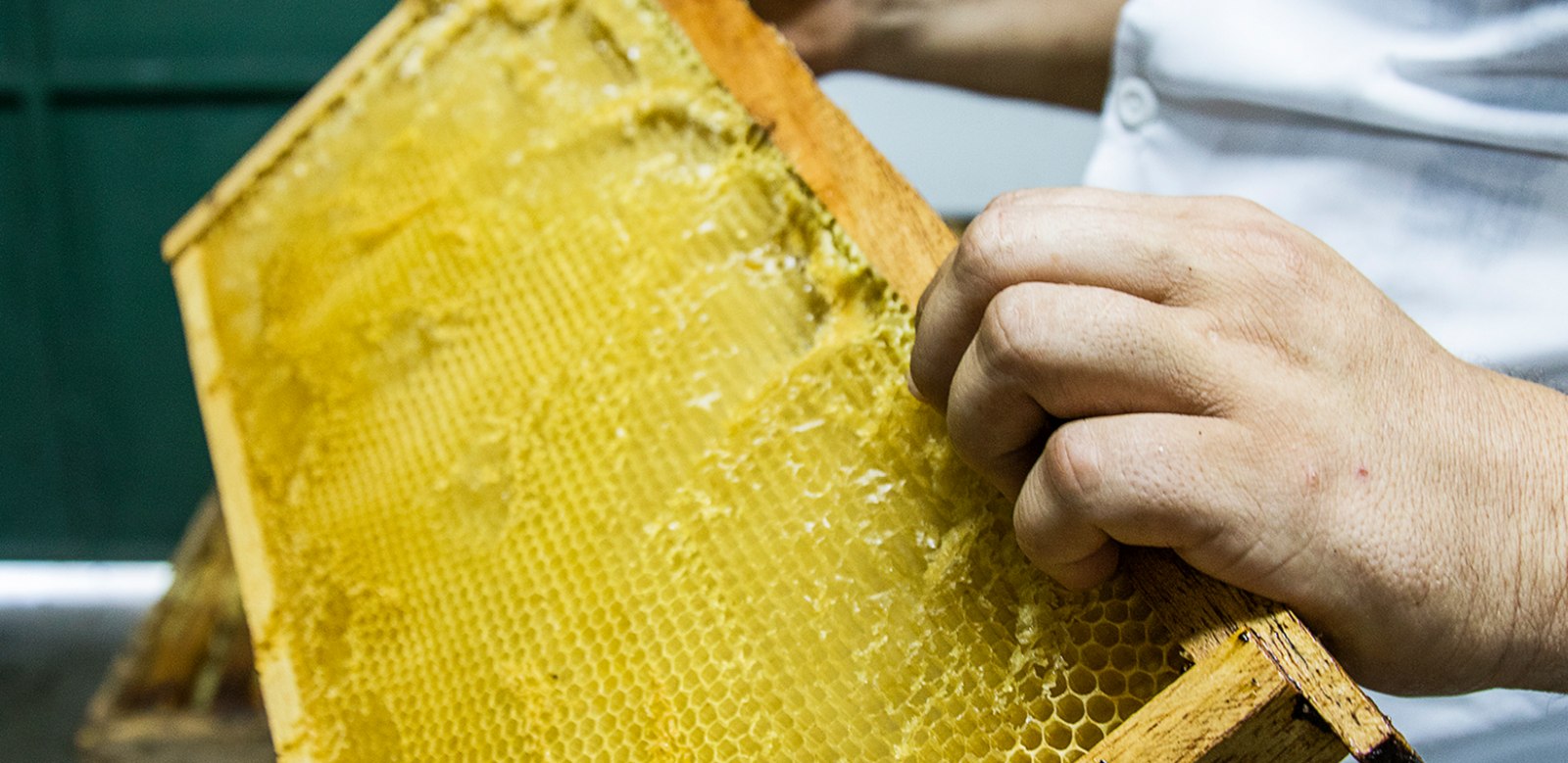
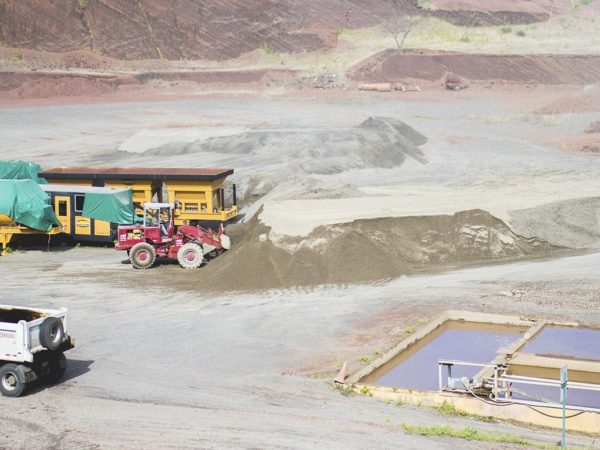

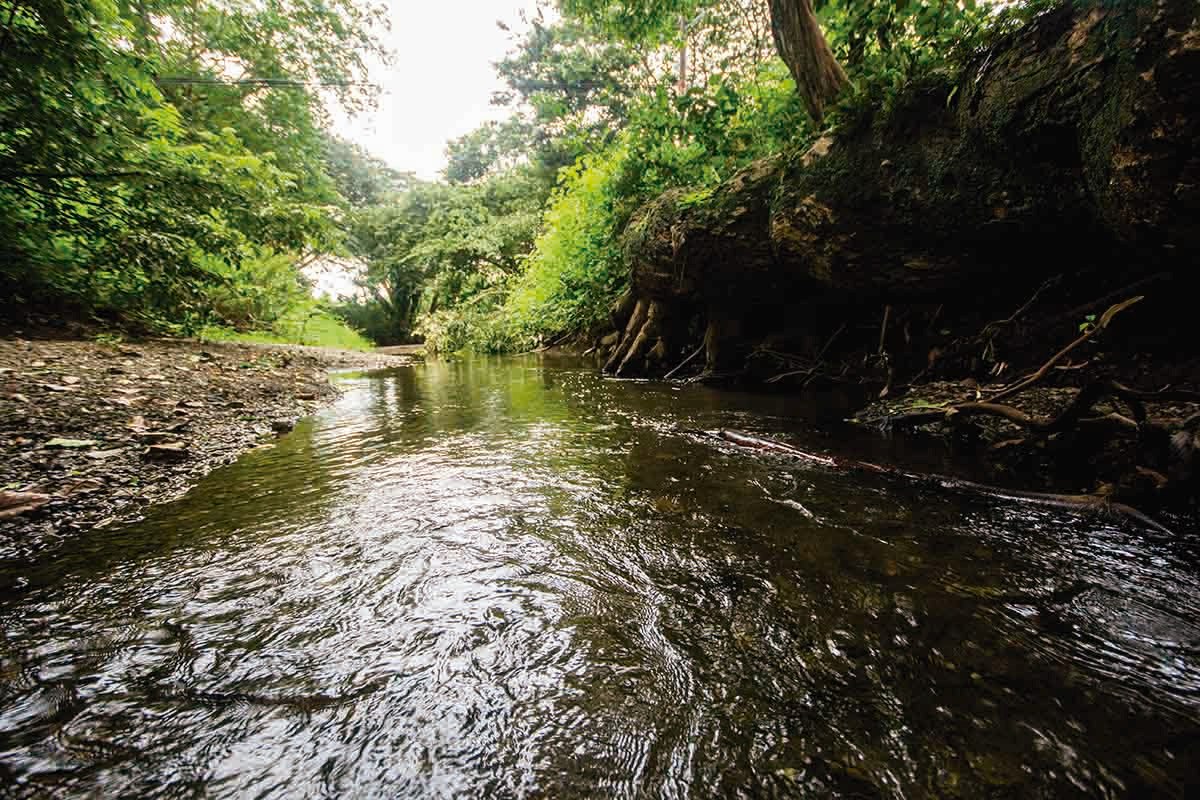

Comments